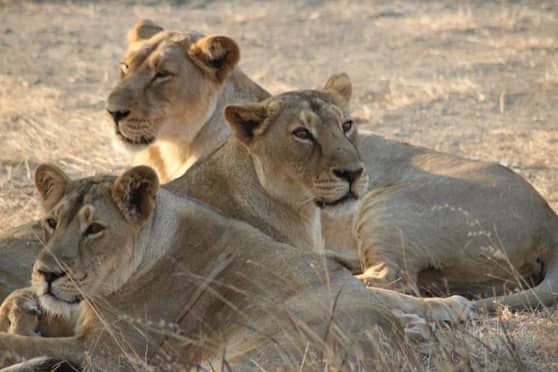Griffins International inspires students to care about wildlife conservation


Griffins International School (GIS) Kharagpur recently organised a virtual interactive session with notable wildlife biologist and conservation scientist, Ravi Chellam, CEO, Metastring Foundation and member of Biodiversity Collaborative, on the topic ‘Conservation of Threatened Species’. The session focussed on the perils of extinction in the wild due to human action and the importance of wildlife conservation.
During the session, Chellam, who had also served as an expert adviser to the Amicus Curiae of the Forest Bench of the Supreme Court of India, talked about threatened species, explained the importance of conservation and elaborated on how these threatened species need collaborative and collective participation of scientists, government and everyone to create a balanced ecosystem. He especially urged the students to help spread awareness about biodiversity and ecological balance. In his deliberation he explicitly emphasised Great Indian Bustard, marine turtles, gharials of fresh water and Asiatic lion.
The most engaging discussion was on translocation of some Asiatic Lions from Gir Forest to Kuno Wildlife Sanctuary in Madhya Pradesh to create a second home to secure it from extinction due to any catastrophe, especially diseases. Students were informed about the Supreme Court order of April 2013 in favour of translocation of some lions to protect the species.
During the session, Abishek Kumar Yadav, academic director of Griffins International School, confirmed that the school would actively participate in the movement of conservation of the Asiatic lion. GIS as a school would initiate a sincere communication with the Prime Minister’s Office to give it momentum.
Chellam emphasised Rachel Carson's words, saying, “In nature, nothing exists alone, and I urge students to think about and reflect on human action. We adults often think that human beings are beyond nature or outside of nature. But without nature human beings will not exist. The pandemic in many ways has given us a good lesson to understand the fact that we must learn to work with nature, respect nature and conserve it. Student intervention is important in wildlife conservation.”